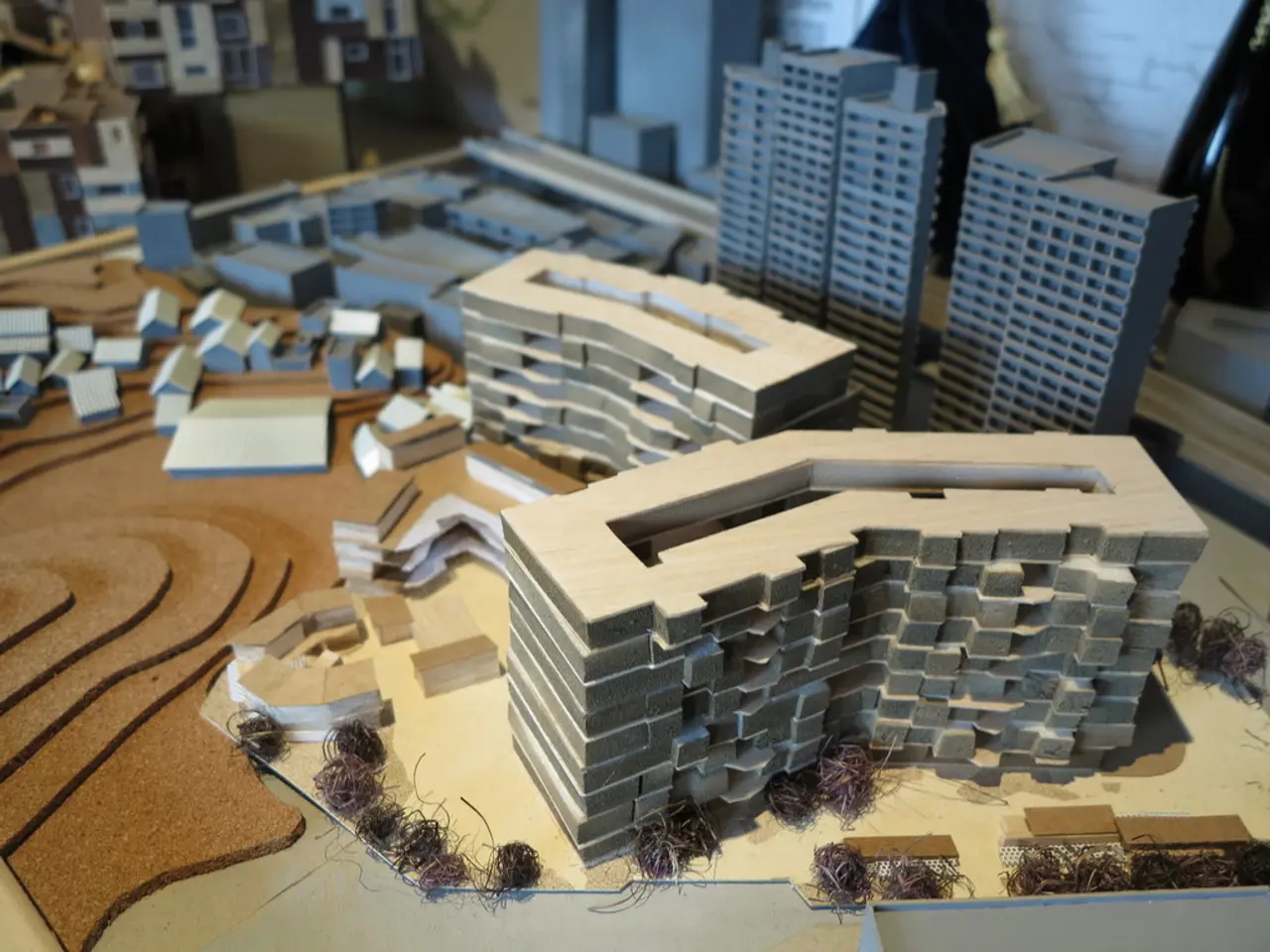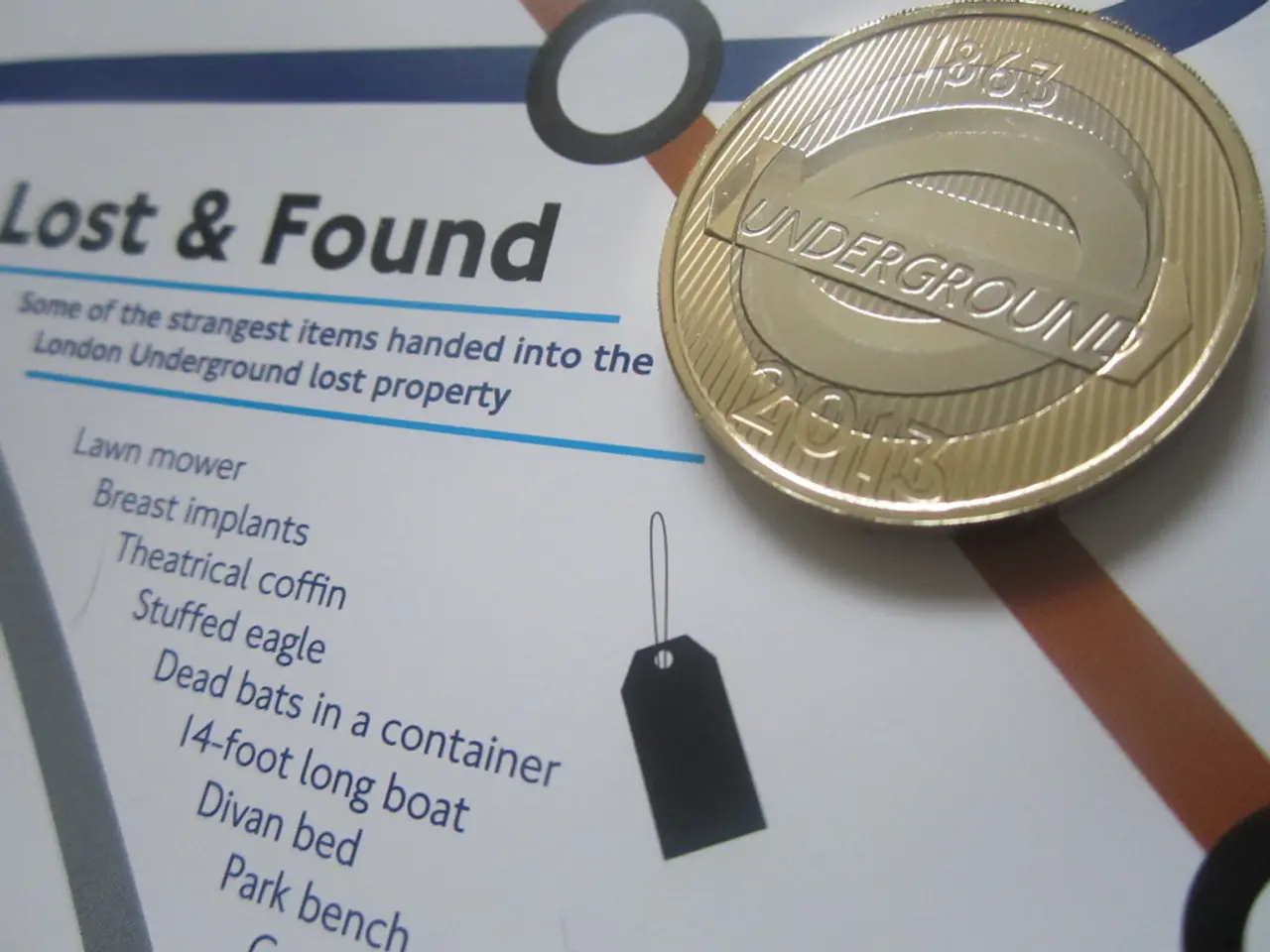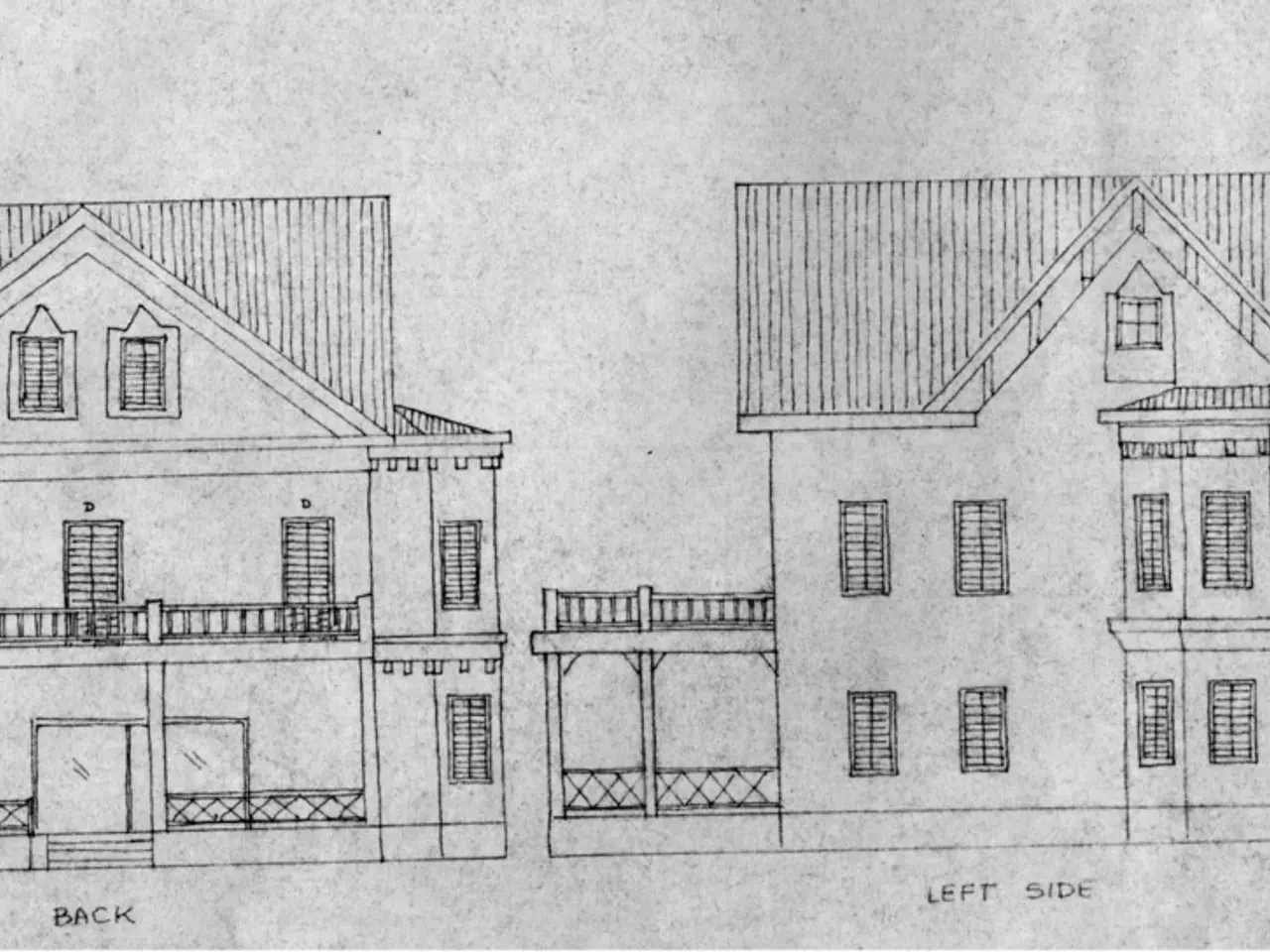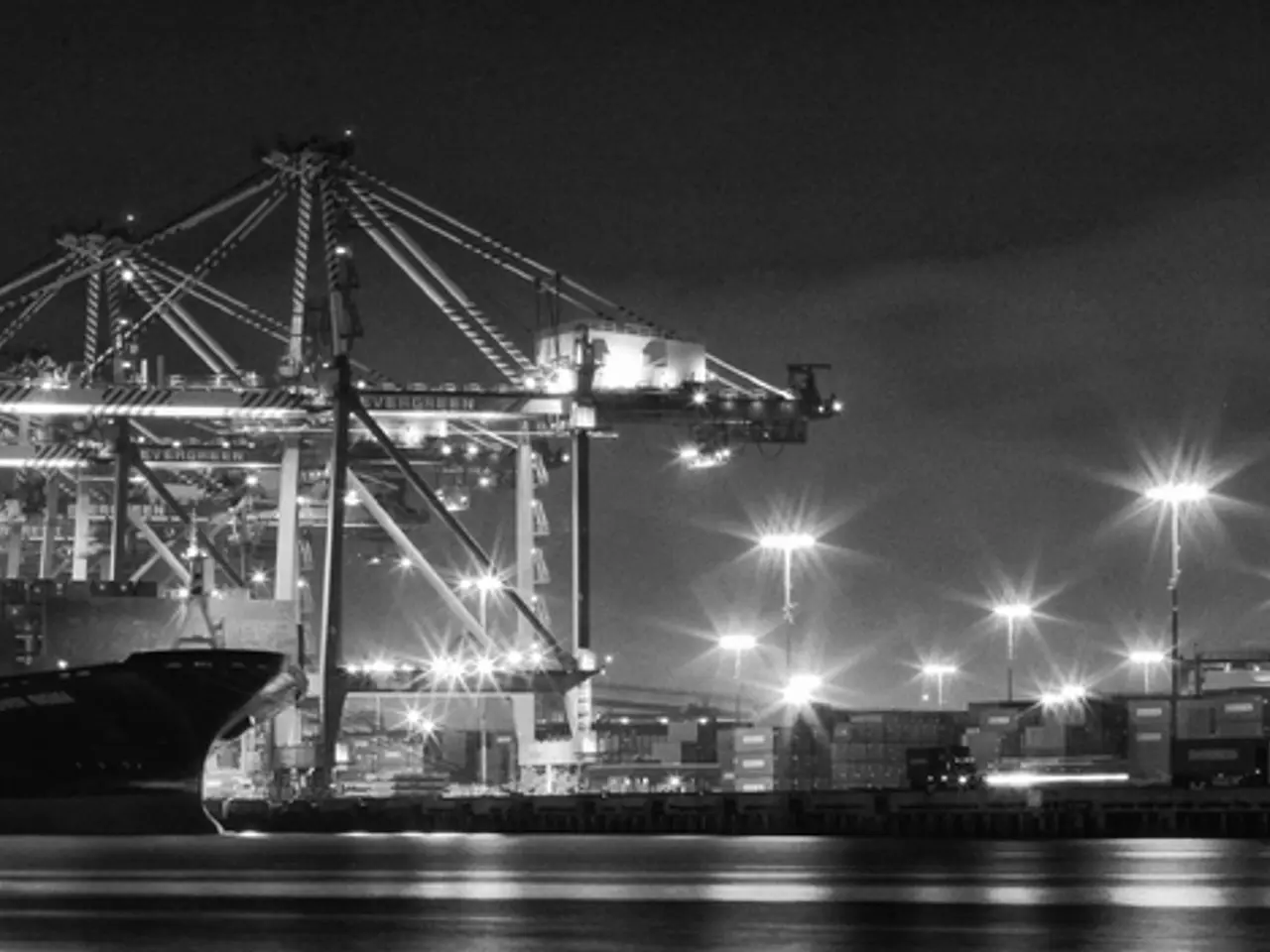European Union's Commission Unveils New Initiative for Enhancing Information Society's Quality
The Bergisches Städtedreieck region, a conglomeration of the cities Remscheid, Solingen, and Wuppertal, boasts a population of approximately 635,100 and is a beacon of entrepreneurship, structural development, and skilled labor attraction [1]. Nestled east of the Rhine metropolitan area and about 30 km south of the Ruhr area, the region is economically intertwined with the broader North Rhine-Westphalia (NRW) context.
Economically, the Bergisches Städtedreieck region is marked by active support for innovation, regional tourism, mobility, and structural development, spearheaded by organisations like the Bergische Struktur- und Wirtschaftsförderungsgesellschaft (BSWG) [1]. Key employment initiatives encompass the integration of skilled workers and migrant entrepreneurs, with a strong emphasis on vocational training and network support in the labor market [1].
In contrast, North Rhine-Westphalia as a whole, particularly the larger Rhine-Ruhr metropolitan region (which includes but is not limited to Bergisches Städtedreieck), boasts a population exceeding 10 million and is a densely populated and economically integrated megacity region with 1428 inhabitants per km² [2]. Its economy has evolved from heavy industry in the Ruhr area to a diversified mix emphasising education, research, services, and trade fairs, notably in cities such as Düsseldorf, Cologne, and Bonn [2].
Employment in NRW encompasses heavy industrial, service, research, and governmental sectors, with a large-scale inter-city commuting network due to the closely connected metropolitan structure. The Bergisches Städtedreieck, with its smaller population and focused economic strategy, participates in this network but maintains a unique regional economic identity centred on entrepreneurship and innovation [1][2].
Specific commuting statistics for Bergisches Städtedreieck compared directly to NRW were not found in the search results. However, given the metropolitan Rhine-Ruhr's characteristic of seamless economic and commuting integration across cities and towns, it is reasonable to infer that many workers in the Städtedreieck commute within the region as well as to larger neighbouring metropolitan cities in NRW [2].
In summary: - Bergisches Städtedreieck: Population ~635,100, focused on entrepreneurship, innovation, regional development, and skilled labor integration [1]. - North Rhine-Westphalia: Population over 10 million, diversified economy from industry to services, education, and government, high population density (1428/km²), and highly integrated commuting patterns in the Rhine-Ruhr metro region [2]. - Commuting is extensive in the broader region, but specific data comparing Städtedreieck commuting with NRW-wide figures is not available from the sources.
For more detailed employment figures and commuting statistics specific to Bergisches Städtedreieck, consulting local government reports or the Bergische Struktur- und Wirtschaftsförderungsgesellschaft directly may provide more precise data. The data presented in this digital brochure is structured data of the economic region, with graphs used to highlight important trends and comparative data included for a comprehensive understanding of the region's economic landscape.
The Bergisches Städtedreieck region, with its focus on entrepreneurship and innovation, actively seeks employment opportunities in the technology sector, drawing upon the skills of both local workers and migrant entrepreneurs.
In contrast, North Rhine-Westphalia, particularly the Rhine-Ruhr metropolitan region, has a diversified economy that extends into the realms of finance and technology, offering a variety of job prospects within these industries.




